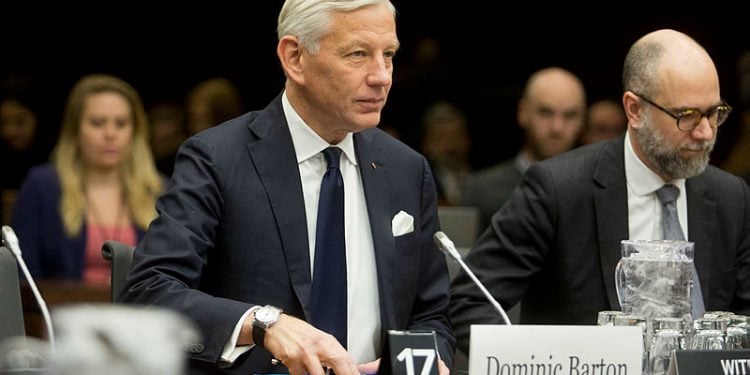Ottawa, November 12, 2020 – In October and November of 2020, diplomatic representatives of several nations – including Canada’s Ambassador to China, Dominic Barton – made state-guided visits to Tibet under Chinese governmental supervision. Before doing so, the Ambassador was briefed by the Canada Tibet Committee on human rights issues and other concerns of the Tibetan-Canadian community.
The CTC informed Ambassador Barton that although the visit would be fully orchestrated by Chinese authorities and would reflect only a distorted version of on-ground realities, it would still be beneficial to visit Tibet and to see the conditions of Tibetans in person.
Additionally, the CTC made further recommendations to Ambassador Barton, urging him to:
- Conduct meetings with senior officials of the Tibet Autonomous Region (TAR) to inquire regarding the implementation of the ‘Ethnic Unity’ regulations. The ‘Ethnic Unity Regulation’ was a measure introduced earlier this year by Chinese authorities in order to reduce ethnic differences and achieve a Han-centric society, therefore undermining the distinct culture-historical identity of the Tibetan people.
- Organize a meeting with the TAR Chairman, to convey the necessity of providing Canadian citizens, particularly those of Tibetan heritage, access to Tibet. Currently China discriminates in the issuance of visas to Tibetan-origin Canadians, preventing them from visiting their ancestral homelands.
- Press for more information on the ability and status of Tibetans in Tibet to obtain documents for intra-China travel and travel abroad. Currently, though Tibetans in the TAR are supposedly considered Chinese citizens, their access to travel documents and passports is restricted in comparison to other Chinese nationals.
Although China often uses such visits to build on their narrative that China has ‘liberated’ Tibet from its ‘feudal society’, and brought greater ‘prosperity’ to the region, the CTC welcomes the visit, as at the very least it provides a small window of opportunity for diplomats and the media to see the land that Reporters Without Borders has called “more inaccessible than North Korea”.
“If Chinese officials from TAR can visit Canada without any restrictions, there should be reciprocity for Canadian officials to visit Tibet at any point of time they would like, not just when China wants them to” said Sherap Therchin, executive director of the Canada Tibet Committee.
By Sherap Therchin and Anvesh Jain
Anvesh is a Research Associate at the Canada Tibet Committee and a student of International Relations at the University of Toronto.

